As a young girl, I created a story in my mind that explained the silence of women in scripture and the absence of The Mother. I had read The Book of Mormon three times before I choked on the words “and also my sisters” in 2 Nephi 5:6. Wait, Nephi had sisters? My young self felt unsafe to question scripture, so to divert my young grief at the silence of forgotten women, I imagined The Book of Women. An ancient, holy book written by Nephi’s sisters, King Benjamin’s wife, Sariah, Abish, and other unknown, unnamed women. The book was hidden in the rocks of New York, waiting. I knew it existed with my whole heart so I waited for an angel to guide the modern prophet to this book. I waited for this book to reveal our Divine Mother through the voices of her daughters.
I was an adult with four children of my own before I understood that The Book of Women, the book full of ancient women’s voices discovering the truths of the divine feminine, was my own imagined creation. Realizing how much I had been relying on this lie for answers to the overwhelming questions I had was devastating. The recognition that the Goddess’s voice was not preserved through the experiences of ancient women, that I would never read their words, ripped out years of hope from my heart and replaced it with the weight of millions of silenced, unknown, and forgotten women. How would I ever find Heavenly Mother without them?

I had an overwhelming feeling of grief. A grief that was not just my own, it was the world’s as well: women’s voices were not preserved; we had lost our Mother. For me, ancient women’s voices were so tightly woven with revelation on the Mother that I had lost access to the hope of discovering Her as well. I felt this so profoundly in my whole body that I felt I would break, and I think a part of me did.
One day, after fasting and praying for hours, I lay weeping on the floor below my couch completely alone and depleted. I felt like a fool, embarrassed by my longings for a Mother who clearly did not exist. However, slowly, I felt powerful, weeping women appearing all around me. Ancient women. I could almost see them. They were so real to me and I heard their voices in unison say, “We did not have a voice, but you do.”
Tragically, powerful women of the past were not able to share their stories of their God and Goddess while they lived; however, I have this privilege, we have this privilege. We can search, ponder, and write about the The Divine Mother ourselves. This experience, these women, gave me the courage to stop waiting and to search for Her myself. Miraculously, I found Her.
I cherish the time I spent reading Sue Monk Kidd’s Dance of the Dissident Daughter for the first time and finding myself in her words. Rachel Hunt Steenblik’s poems, Rachel Held Evan’s journey, the countless essays written by Mormon scholars, the eye-opening visual art, and the quiet, booming personal moments have cascaded into my life and flooded my longings for our Mother.
Some have found Her in the words of scriptures, I have found Her in the words that were never written there. The absence of Her pronouns, language, and presence in scripture carried me to questions and longings, to finding new Truths, experiencing visions of women who are no longer silent. Truths about our Mother are being recorded now with the power of millions of silenced women from the past. Their voices and their longings are palpable in the words and images of women today.
One of my favorite images is painted with words by Maya Angelou who declares, “I go forth alone, and stand as ten thousand.” For me, this is how God compensates for the silence of ancient women. Heavenly Mother is in the spaces and time that physically separates all of Her lonely children; She makes us one. I felt the pain of silenced strangers and I still ache for their stories and revelations; I wish The Book of Women existed.
But, actually, it does. I found it. It is not ancient or hidden but filled with modern voices, visions, and experiences of women who search for the Divine Feminine. We are writing it.
I have learned that the feelings of desperate longing within myself, that made me feel so alone, actually unite me to not only women today experiencing similar feelings, but to visions of women from the past and the spirits of humans in the future. Every truth we uncover about Her is not just for ourselves; each word, image, feeling, and vision is for the silenced humans of the past, ourselves, and the unborn humans of the future. I am not just finding Heavenly Mother as one, I am finding Her as ten thousand others.
(First published at seekingheavenlymother.com)



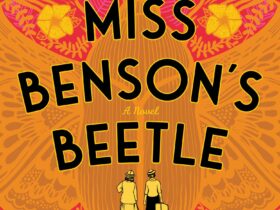


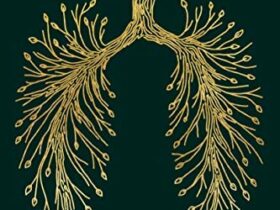

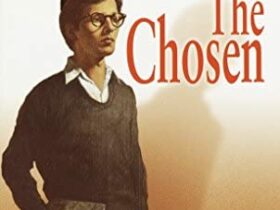
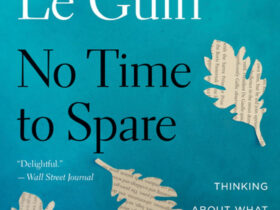

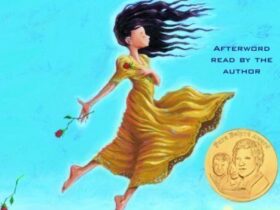

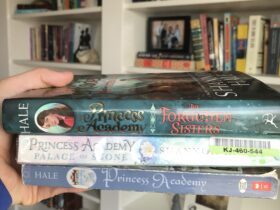
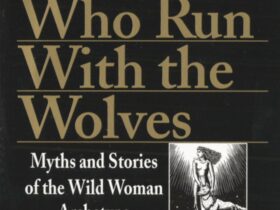

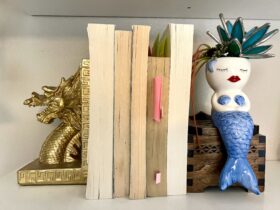

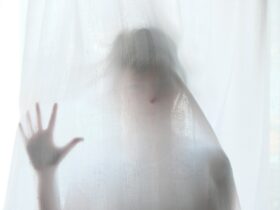

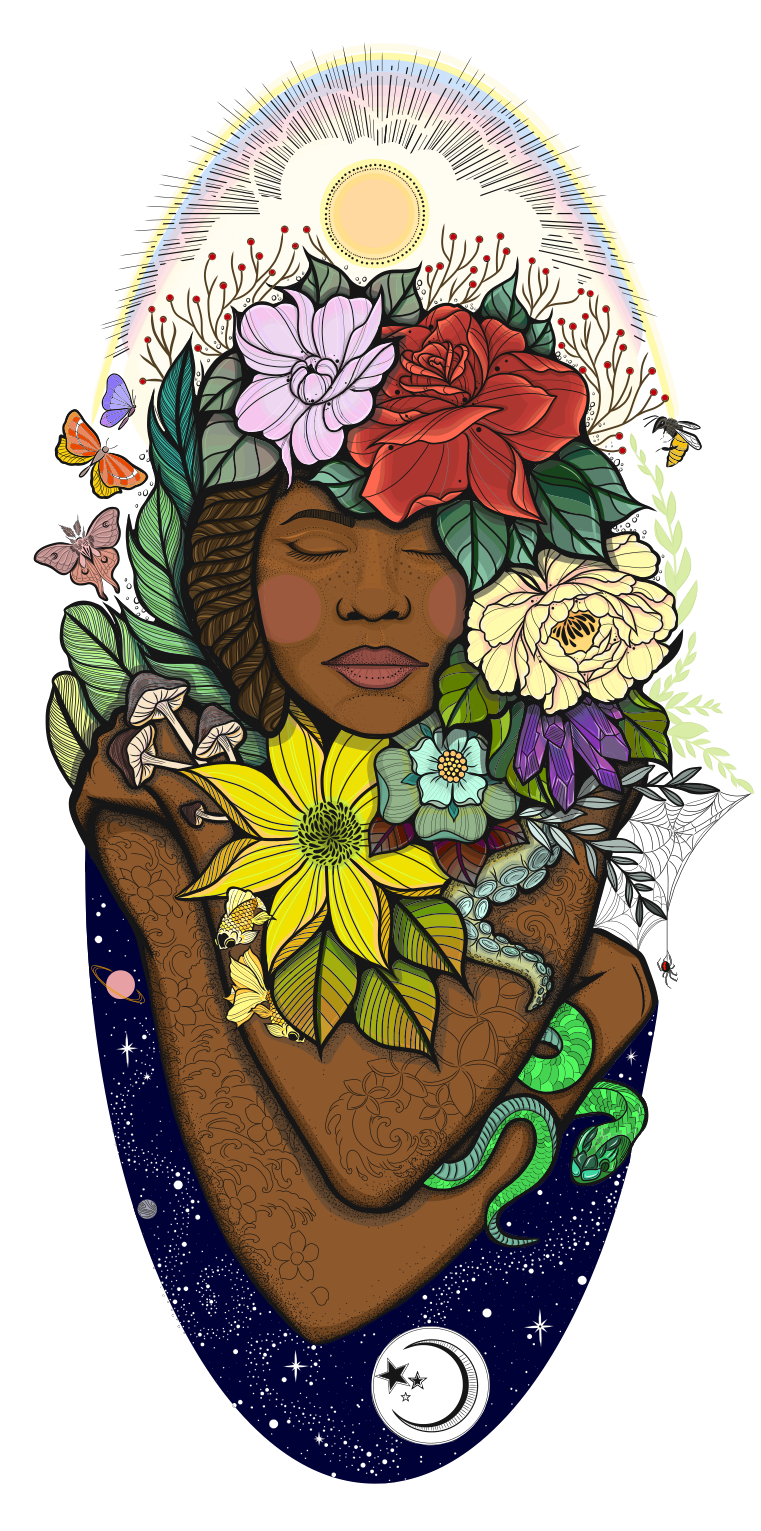
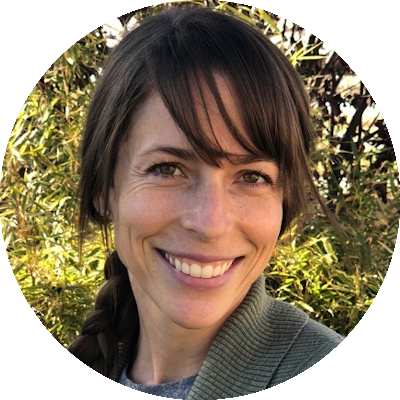
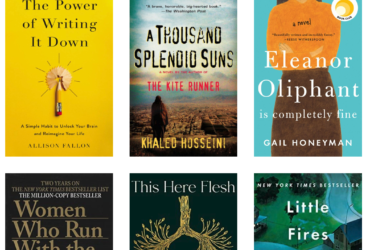
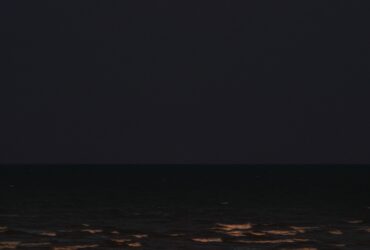

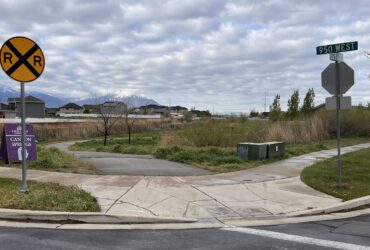
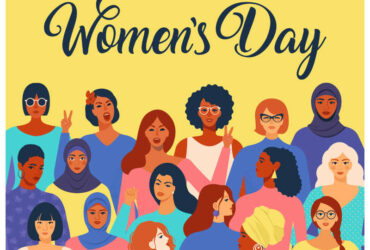
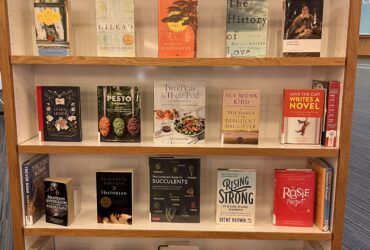
Leave a Reply